There's been a lot of debate in recent years about how often you need to wash your hair. Wash it too frequently and you risk drying out your strands; don't wash it frequently enough and oil and dirt can hinder hair growth or cause dandruff. Some people swear by a once-weekly (or even less frequent) shampoo, while others are adamant about sudsing up their scalp daily. So who's right? What is the magic number of days you should go between washes?
Turns out, there isn't one. How often you need to shampoo your hair depends on a variety of factors, including your hair type, activity level, environment, and what products you use. "The right answer will be different for everyone," Dr. Steve Daveluy, a board-certified dermatologist at Wayne State University, advises. "When it comes to washing your hair, the best thing you can do is learn what the look and feel of your hair can tell you." Here are some tips to help you personalize your wash schedule, as well as general advice on the basics of hair care.
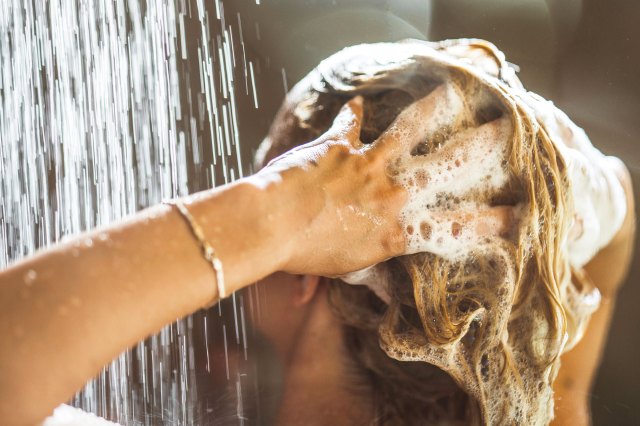
Why — and When — Should You Wash Your Hair?
First things first: Although tales of people going weeks, months, or even years without washing their hair are not unheard of online, most people do need to wash regularly. Washing your hair helps to remove dirt and debris from your environment, avoid buildup from products, and keep your natural oils in balance. Dr. Dina Strachan, a board-certified dermatologist based in New York City, says once a week is the minimum to maintain a healthy scalp and prevent flares of seborrheic dermatitis, though some individuals, such as those with straight hair, may need to wash more frequently. People with curly or textured hair, conversely, should be careful of washing more than that; doing so may dry out or damage the strands.
The difference is not just in how much oil your scalp produces, but also in how much oil your hair absorbs and retains. "Our scalp has oil glands that open into our hair follicles," Dr. Daveluy explains. "Oil is released onto the hair shaft as it's coming out of the follicle. This oil coats the outside of the hair to protect it and help it retain moisture." Some hair types and textures hold more moisture than others, and thus require more frequent washing. That's why knowing your hair type is key to personalizing a wash schedule. Even then, though, there's no hard-and-fast rule, so figuring out your individual needs may take a bit of trial and error.
"Washing removes dirt and oil, so the more frequently you wash, the more you will remove oil. If your hair is too oily, wash more frequently," Dr. Daveluy advises. "If your hair is dry, wash less frequently."
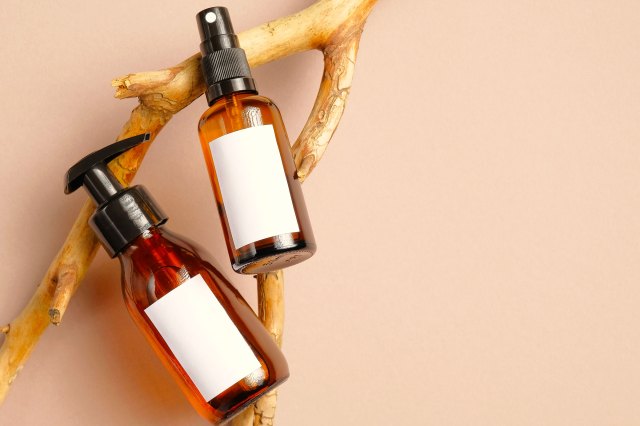
Does the Type of Shampoo Matter?
In a word, yes. The type of shampoo you need depends — like most other aspects of hair care — on your hair type and texture. Dr. Strachan says, for example, that people with textured or curly hair should use moisturizing shampoos, while people with especially oily hair might benefit from a clarifying shampoo on occasion. Be wary of overusing the latter, though.
"Clarifying shampoos are designed for a deeper, stronger clean," Dr. Daveluy explains. "They are useful if you find your hair is greasy and your regular shampoo doesn't seem to be doing the job. Clarifying shampoo is also helpful to remove mineral buildup from your hair, which can happen if you bathe with hard water or frequently swim in pools with chlorine. But it could lead to dry hair if you use it too frequently."

Do You Need to Wash Your Hair After Every Workout?
If you go to the gym a lot (or just live in a place with frequent heat waves), you've probably wondered whether you need to wash your hair more frequently — or maybe whether you wash it too much. After all, a sweaty scalp isn't the most pleasant feeling. Sweat isn't the same as oil, though, so you may be able to clean your hair after a workout without using shampoo, which is specifically designed to remove insoluble dirt and grime. "If you have hair that might become damaged with daily shampoo, you can rinse the sweat out with water or use a co-wash," Dr. Strachan says. (Co-washes are cleansing conditioners; they're gentler than shampoo and typically very moisturizing.)
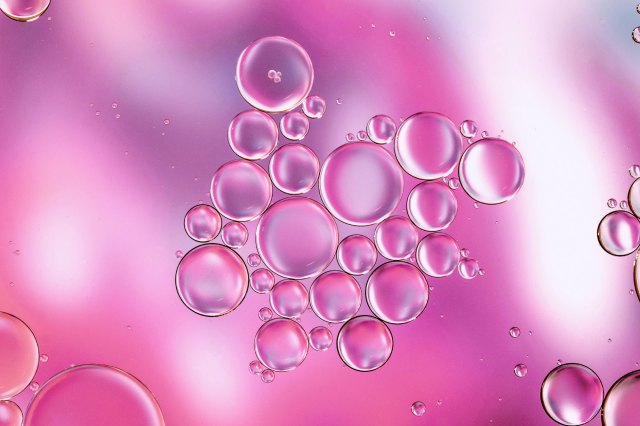
How Do You Combat Oiliness Between Washes?
If you find your hair regularly gets greasy throughout the week, you may need to change up your shampoo schedule to increase the frequency of your washes. But what if you're dealing with excess oil in extenuating circumstances — say, you're traveling and don't have access to a shower, or you're short on time and can't dry your hair? Neither Dr. Daveluy nor Dr. Strachan is a fan of dry shampoo, but both say it's OK when used sparingly and if you really have no other option.
"Dry shampoo is a 'sometimes' hair product," Dr. Daveluy says, noting that while it can make the hair feel less greasy by absorbing excess oil, it also adds product that will need to be washed away at some point. "It's like throwing sawdust on a spill at an event. It's a short-term solution — people won't slip on the spill, but eventually you have to clean it all up."
This article is for general informational purposes only.
Affiliate Disclaimer Medical Disclaimer



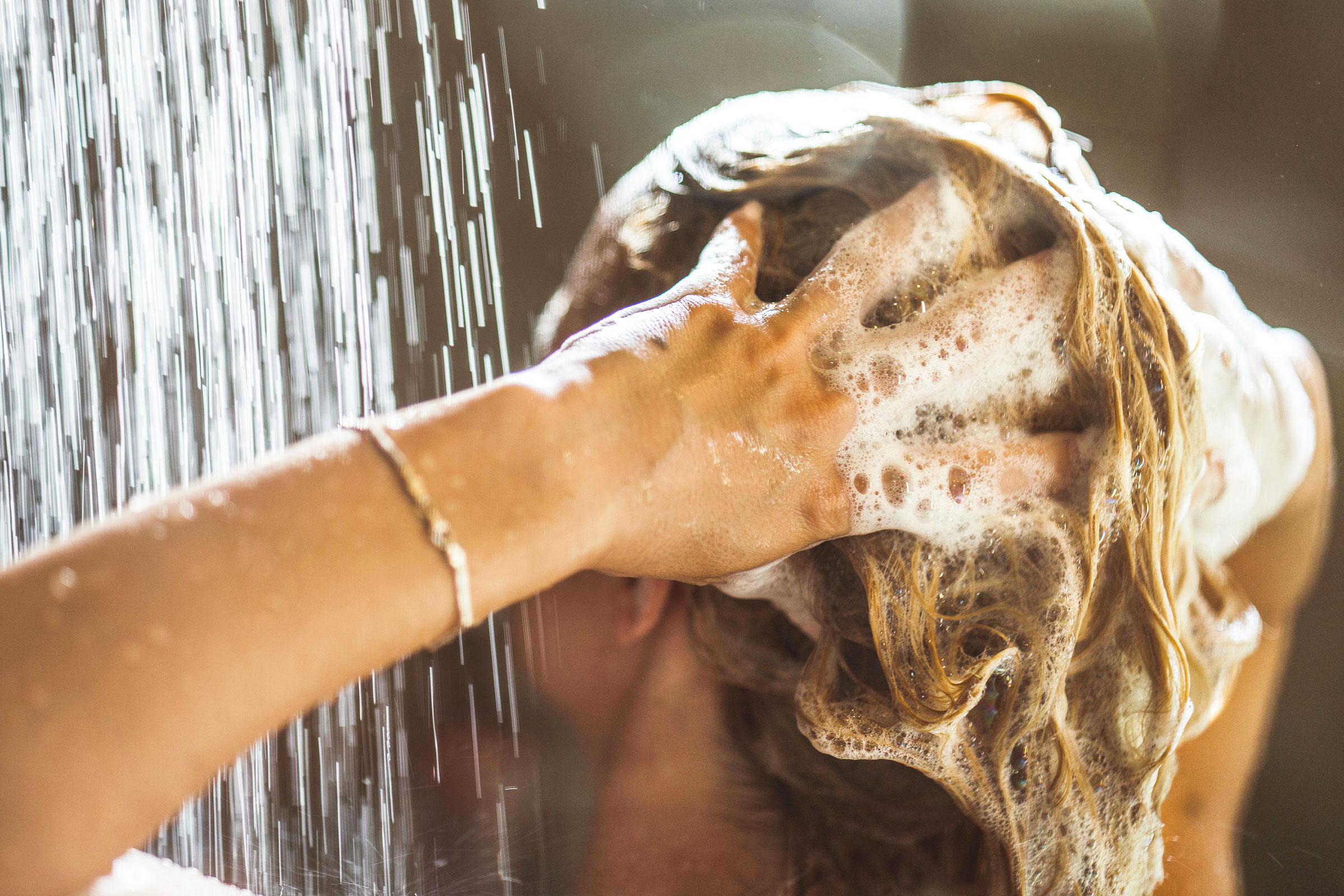
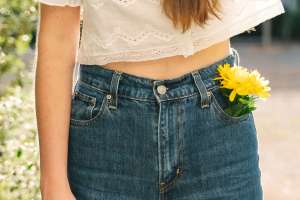
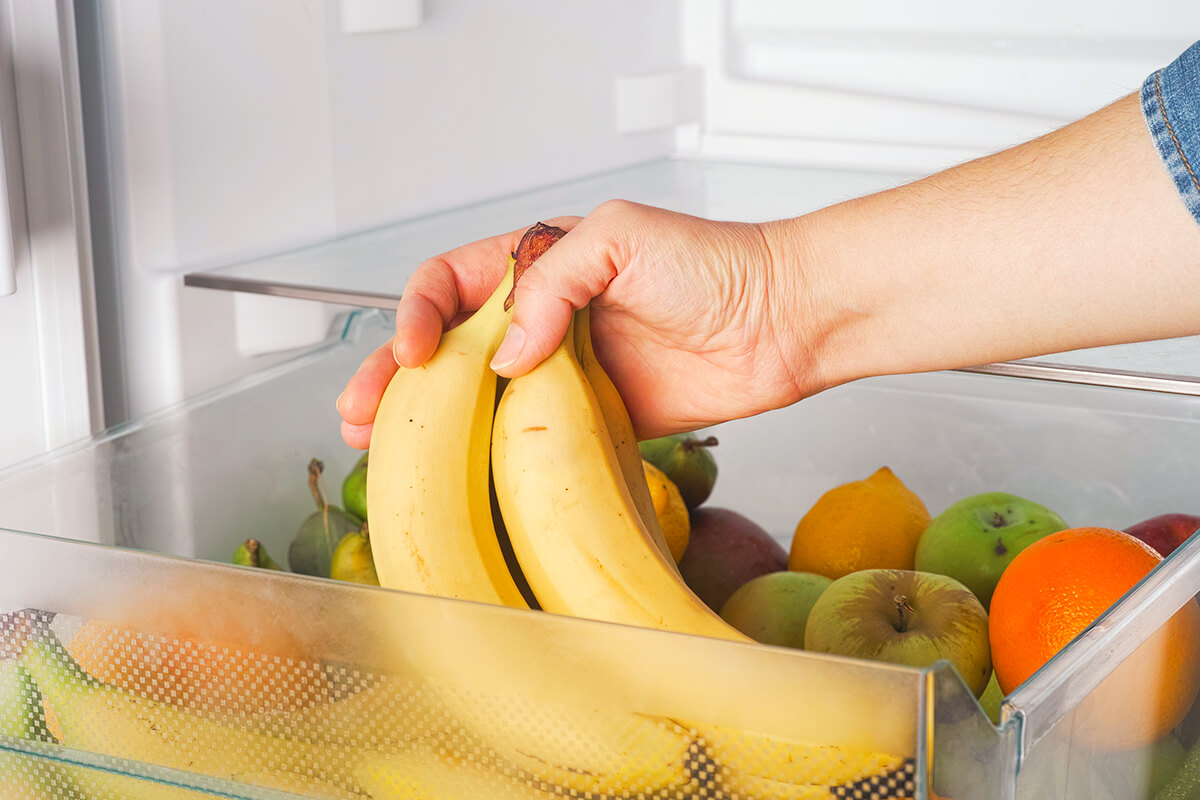




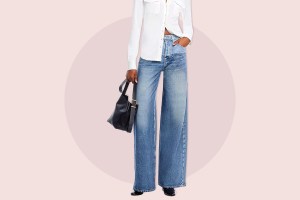

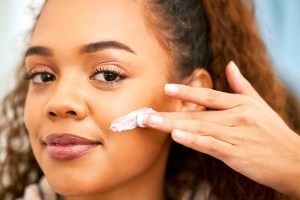
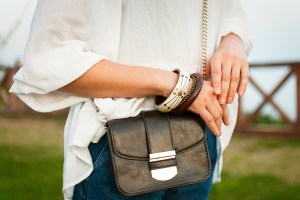


 Unique Beauty is free for all users.
Unique Beauty is free for all users.